

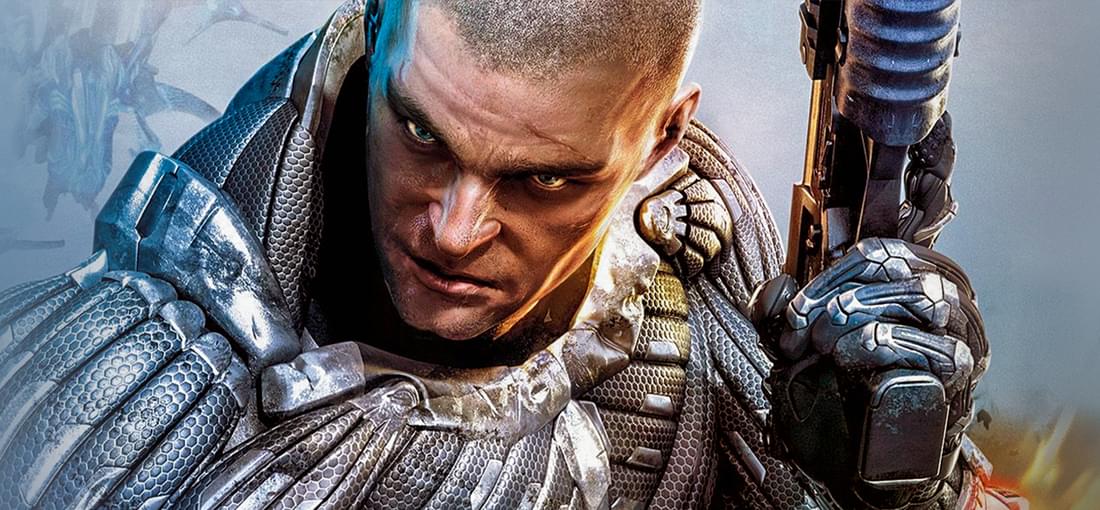
‘Crysis Warhead’ is the standalone expansion to the critically acclaimed ‘Crysis’. You play as Psycho, one of your team members in the original ‘Crysis’ game. The story of ‘Crysis Warhead’ takes place during the events of the first game, detailing Psycho’s adventures during the time he was absent in the original storyline. ‘Crysis Warhead’ plays similarly as ‘Crysis’, but with a few new weapons at your disposal. If you enjoyed ‘Crysis’, there is a very good chance you’ll also enjoy this game. To be honest, ‘Crysis Warhead’ feels less epic than its predecessor, and that’s understandable given its shorter length and because the story is much more predictable. Still, it’s a much more worthy follow-up to ‘Crysis’ than the more disappointing ‘Crysis 2’. It’s definitely worth checking out, especially when it goes on sale.
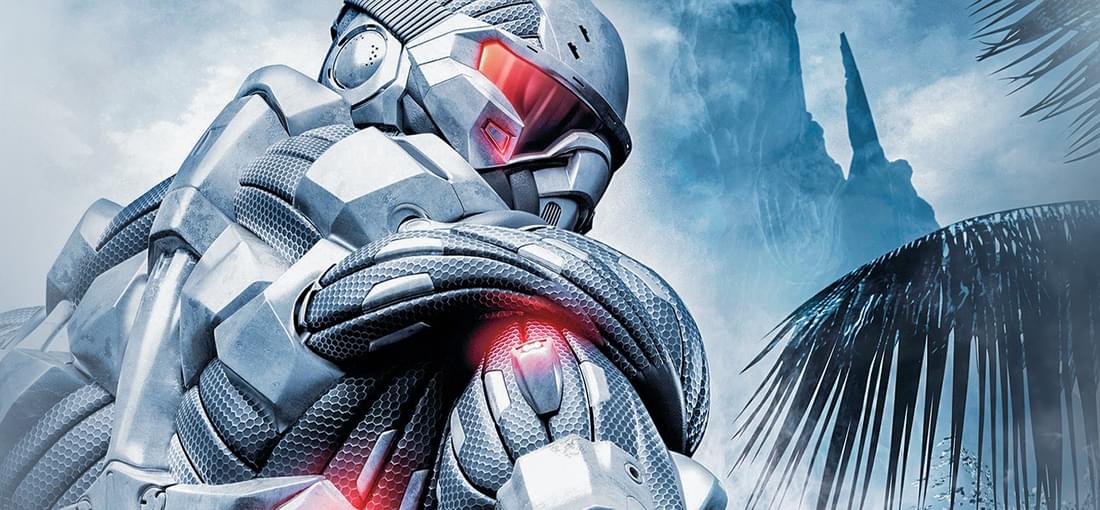
For many years, including at the time of this review or retrospective, ‘Crysis’ is the benchmark by which players judge the power of their PCs. Such is the legacy of the game, and it’s easy to forget to talk about what a wonderful game ‘Crysis’ is. Needless to say, the graphics are wonderfully detailed, sound effects are booming, and sound design is top notch because you’ll need to pay attention to the sights and sounds of your in-games surroundings to succeed. Enemies are smart, but you can outwit them by using the power of your nanosuit and the geography of your predominantly jungle surroundings. Later levels of ‘Crysis’ are less open and play more linearly, but you’ll still need to make good use of the terrain and sounds you hear to stay alive, especially when the plentiful firefights get frantic and tough. ‘Crysis’ is not an easy game, but rewards you for playing smart and for your perseverance. Because of that, it is extremely rewarding, especially after a frantic firefight or boss battle. It’s a game I was more than happy to purchase again in DRM-free form so I can enjoy it again and again.
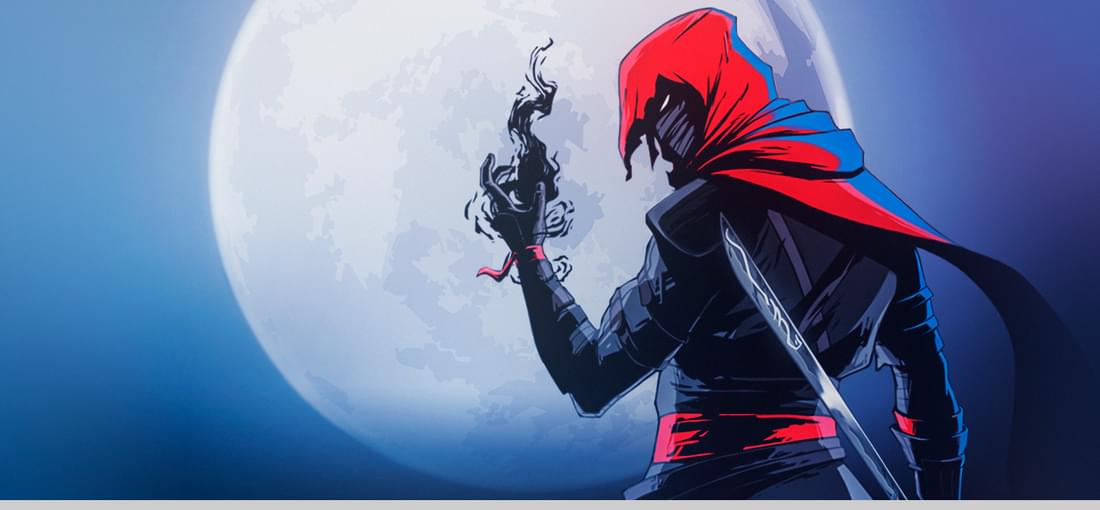
'Aragami' is a fun PC stealth game, but its strict rules and the limited leeway it gives you can make the game frustrating. If you into stealth games like I, you'll likely enjoy 'Aragami'. But, the more I played, the more glaring the game's inconsistencies and odd design decisions became. It was hard to ignore them no matter how much I liked playing it. For one, you getting detected pretty much means death, usually instantly by your enemies' light powered weapons. Despite being a shadow spirit, you can still be detected by your enemies for some reason even when you're completely in the dark. And although you're a spirit summoned to wrought vengeance, you can only use your sword during a stealth or aerial kill. Sure, you'd use your sword when executing a kill at close range upon being detected, but you can't use it at any other time. You can't even use it or your other weapon, a shadow kunai, way to manipulate the environment in any way to your advantage. To distract your enemies, you'll need to draw their attention to you first and then sneak away. Wouldn't it be great to be able to draw their attention elsewhere and not on yourself? For a game that stresses on stealth, it sure doesn't reward it. Stealth, aerial, shadow, and regular kill upon detection are all weighed the same. The game doesn't encourage stealth, but imposes it with little room for experimentation. Aside from a few more open levels, playing the game means figuring out the one or two routes that the developers want you to take to pass the level. And because the shadow is the source of your power, not being in it can mean detection and death as you'll have no access to your offensive and defensive Shadow Abilities and Techniques. In the end, 'Aragami' is a fun game, but a hard one to recommend. I think stealth game enthusiasts will enjoy it to a certain degree, but it'll be hard to ignore some flaws and dated design. For other players, they may be better off playing other stealth games instead.

'Firewatch' is a first-person adventure game, co-written by two former Telltale Games writers, who wrote for the 'The Walking Dead'; the art was directed by famed graphic artist, Olly Moss. Given these talents, no wonder 'Firewatch' is such a great game. You play as Henry, who takes on a job as a fire lookout after a life-changing experience. On your first day through a walkie-talkie, you meet Delilah, a fellow lookout assigned to a tower far from yours. Your adventure involves exploring a fictional national park, and investigating interesting happenings there. All the while, you converse with Delilah over the radio. The park was beautifully designed and modelled. While it looks grand and open, it is actually a series of simple, highly explorable "corridors" in the game. Still, the park never feels claustrophobic, mainly because the beautiful scenery, pleasant colour palettes, and day-night cycles add variations to the setting. As enchanting as the park is, the highlight of 'Firewatch' is the well-written dialogue, of which there is plenty. They were masterfully delivered by Rich Sommer and Cissy Jones, who played Henry and Delilah respectively. Your relationship with Delilah is determined by your dialogue choices, made within a time limit. Jones' delivery was so natural and appealing that it was easy to feel a connection with the voice. This leads to me to discuss the ending of the game, over which players may feel divided. After investing so much time and emotion into 'Firewatch', I can understand why some may find the ending disappointing. Yet, from the artistic and narrative standpoints, I find it to be an appropriate one. I won't go into much detail about this as I don't want to spoil it for you. You'll have to experience it for yourself. 'Firewatch' is an enjoyable, emotionally immersive game. What I first thought to be a mundane and lonely adventure premise turned out to be surprisingly entertaining. It's easy for me to recommend this game.
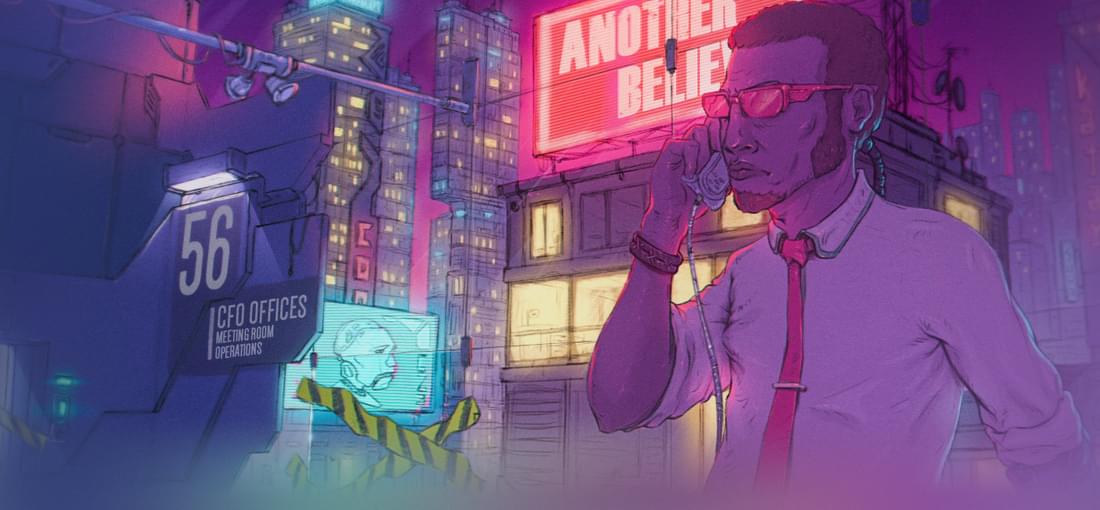
Once in a while, a video game would come along and transcend the medium. 'Undertale' uses the RPG genre to slyly comment on human's violent tendencies; 'Kentucky Route Zero' uses vector art and stage play-like narrative and design to ponder the meaning of life; and now, we have 'The Red Strings Club' exploring the meaning of being (trans)human through a tale about freewill, fate and love. As a cyberpunk sci-fi game, 'TRSC' makes philosophical discussions about (trans)humanism and freewill interesting. The game invites you to reflect on your current beliefs about these deep topics without being judgemental. Whether you are open to other opinions, undecided, or stubborn about your views, 'TRSC' is a very accessible game to play, nay, experience. 'TRSC' does all this through three mini-games: creating module implants in style of crafting pottery, mixing drinks, and making telephone calls. These unconventional mini-games may be disparate, but the developers managed present them organically within the well-written story. If you have played the developer's Ludum Dare competition entries 'Zen and the Art of Transhumanism' and 'Supercontinent Ltd', you will be familiar with two of the three mini-games. The highlight of 'TRSC' is the mixology mini-game, in which you create cocktails to tune into your clients' souls, so that you can extract the needed information out of them. What a unique way to reimagine an interrogation scenario in a game! I particularly enjoyed the game's sound design. The sounds of an ice cube hitting the glass and alcohol filling a vessel help ground the otherwise futuristic, surreal game. Rarely do I feel the need to replay games, yet I immediately replayed 'TRSC' upon my first playthrough to explore different decisions and dialogues. The leisurely pace of the game allowed me plenty opportunity to think and reflect. 'TRSC' is one of the finest games crafted to date, and it's worth checking out even if you're not into video games in general.
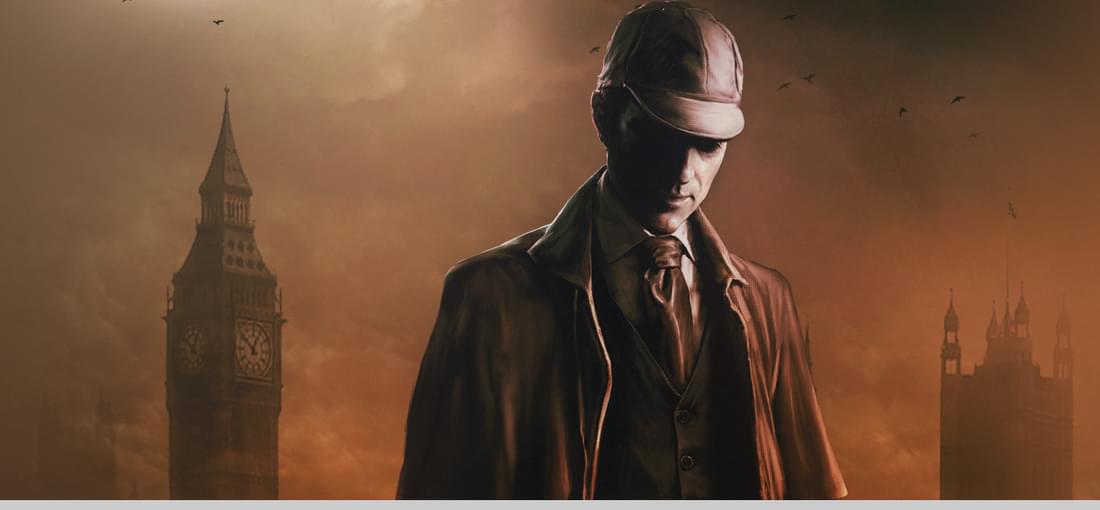
Sherlock Holmes and John Watson are enduring literary characters. As such, everyone has his/her favourite version, whether it be Doyle’s original depictions or subsequent interpretations in print, film, television and video games. Given that, how well a SH book, film, TV show or video game is received is greatly dependent on the creators' interpretations. 'The Testament of Sherlock Holmes' is my first SH video game. Overall, I liked the interpretation of Holmes and Watson in 'Testament'. The voice acting and animations for Holmes and Watson were well done. The location designs of the game were also excellent. With textures and effects turned to high or maximum, 'Testament' was very good to look at. The story was not bad, though it dragged a bit near the end. From my research, it seemed like every Frogware SH game had its major flaws. For me, the biggest flaw in 'Testament' was the puzzles. For a SH game, I had high expectations in this area. Sadly, I found many puzzles to be arbitrary and contrived. How many puzzle boxes must I solve? Why did those boxes and safes have such complicated mechanisms? For game about a character who thrived on logic, its puzzle designs certainly lacked thereof at times. Plus, many puzzles lacked adequate instructions as to how to proceed, leading to much random clicking. Furthermore, at no point during the game did I feel like I was Holmes. While the deduction boards were fun, I didn't get to have Holmes' insight. The story was told from Watson's or an outsider's perspective. So when Holmes revealed the true villain of the mystery, I had no idea where it all came from. We gamers find out his thought processes after the fact, and have no part in conceiving his plans during the game. In the end, 'Testament' felt like an eclectic collection of puzzles packaged as a SH story. While it is a fine game, it fell short of my mid-high expectations. After this, I don't feel like playing another SH game right away. Maybe I'll try another later.
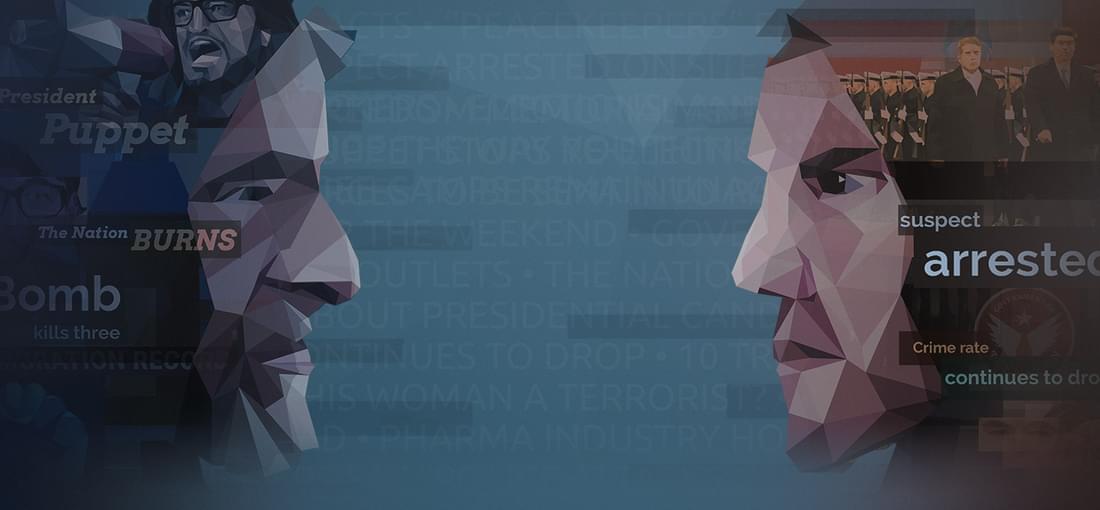
The first 'Orwell' game is one of my favourites of all time. Despite its ludicrous premise, the game mechanics and story worked really well together. To me, it was a complete experience; so to hear that there would be a sequel got me curious. Where else could the 'Orwell' story go? 'Orwell: Ignorance is Strength', is set during the same time frame as 'O1'. In 'O2', you play as another new recruit, tasked with profiling persons of interest in a political scandal. The story of 'O2' runs in parallel with that of 'O1', and that is one of the weaknesses of the game. 'O2' seems to expect you to remember the politics of 'O1', which I don't. The setting and politics of 'O1' to me were merely dressing and reasons for snooping on people. However in 'O2', you need to have a keener awareness of the players in the politics of The Nation, Parges, The Party, etc. Without a proper review of these background information, it's hard to get into the story. Intersecting the story of 'O2' with that of 'O1' just highlights how uninteresting, unlikeable and unsympathetic the main players are in 'O2'. My decisions in 'O1' were in part based on how much I liked or empathized with the characters. But in 'O2', I couldn't care less. That meant the twist at the end of the 'O2' suddenly became less impactful because I felt all characters deserved some form of retribution. The most interesting thing about 'O2' is a new game mechanic called Influencer, which allows you to construct a narrative to combat an opposing one to change the direction of the dominating online conversation. Unfortunately, this mechanic doesn't appear until the last of 3 chapters, while the first 2 is spent on building profiles like in 'O1'. It's a shame that such novel game mechanic and opportunity were wasted. It pains me to say that 'O2' is not that great. It's interesting, but it's nowhere near the brillance of 'O1'. It's worth a try if you're a fan of the first game, but it's overall worth passing over or ignoring.
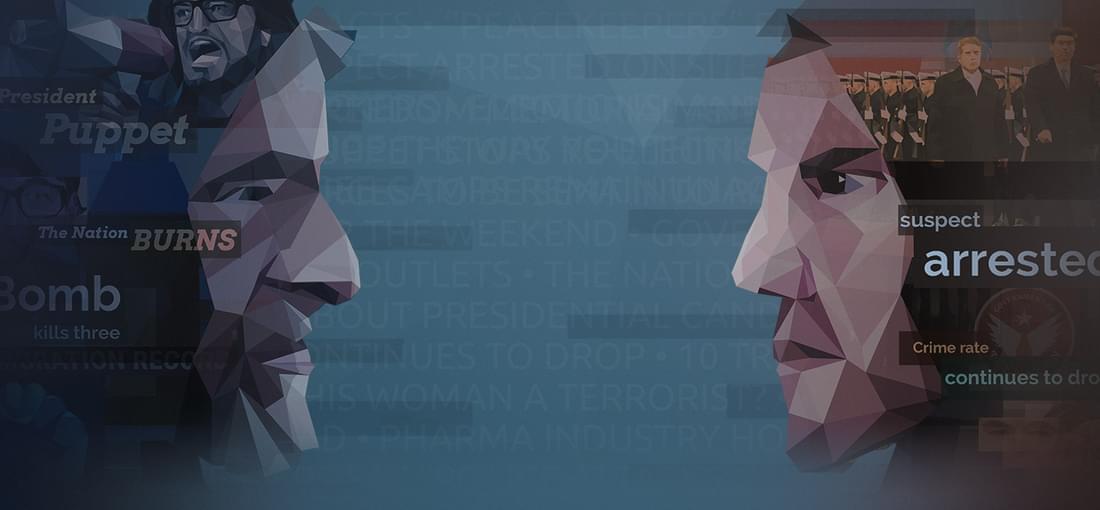
The first 'Orwell' game is one of my favourites of all time. Despite its ludicrous premise, the game mechanics and story worked really well together. To me, it was a complete experience; so to hear that there would be a sequel got me curious. Where else could the 'Orwell' story go? 'Orwell: Ignorance is Strength', is set during the same time frame as 'O1'. In 'O2', you play as another new recruit, tasked with profiling persons of interest in a political scandal. The story of 'O2' runs in parallel with that of 'O1', and that is one of the weaknesses of the game. 'O2' seems to expect you to remember the politics of 'O1', which I don't. The setting and politics of 'O1' to me were merely dressing and reasons for snooping on people. However in 'O2', you need to have a keener awareness of the players in the politics of The Nation, Parges, The Party, etc. Without a proper review of these background information, it's hard to get into the story. Intersecting the story of 'O2' with that of 'O1' just highlights how uninteresting, unlikeable and unsympathetic the main players are in 'O2'. My decisions in 'O1' were in part based on how much I liked or empathized with the characters. But in 'O2', I couldn't care less. That meant the twist at the end of the 'O2' suddenly became less impactful because I felt all characters deserved some form of retribution. The most interesting thing about 'O2' is a new game mechanic called Influencer, which allows you to construct a narrative to combat an opposing one to change the direction of the dominating online conversation. Unfortunately, this mechanic doesn't appear until the last of 3 chapters, while the first 2 is spent on building profiles like in 'O1'. It's a shame that such novel game mechanic and opportunity were wasted. It pains me to say that 'O2' is not that great. It's interesting, but it's nowhere near the brillance of 'O1'. It's worth a try if you're a fan of the first game, but it's overall worth passing over or ignoring.

After the tepid beginning that was 'Runaway', and the disaster (to me anyway) that was 'Runaway 2', I was very skeptical about 'Runaway 3'. Fortunately, this game is the best of the series, and it is actually fun! First of all, unlike its predecessors, it has fair, and properly challenging, puzzles. A few still require some form of moon logic to solve, but nothing truly unreasonable. Plus, the game has a built-in hint system if you need help. On top of that, at the press of a key, the game reveals all objects or locations that you can interact with. No more pixel hunting that plagued the first two games! The best part is that you get to play as Gina, who is a more likeable character than Brian. I really enjoyed Gina's sassiness and resourcefulness. It's a shame then that we didn't get to play as her in previous games! To be fair, Brian's characterization actually improved in this game. So, along with a different voice actor, he is less annoying this time around. With amazing artwork, much improved gameplay and puzzles, and interesting story, 'Runaway 3' is a great point-and-click adventure game. You don't need to have played 'Runaway 2' to enjoy it because it (in a very meta way) even acknowledges how ludicrous the plot of the second game is. Still, kudos to Pendulo for admitting the ridiculousness of 'Runaway 2', embracing it and running with it in 'Runaway 3'. I actually want more adventures of Gina (okay, Brian as well) after this well-made game. While it's too bad that this game is the last of the series, at least the trilogy ends on a high note.

Typically, game developers would learn from their successes and failures in their previous game(s), and make some changes to their next title. It seemed like Pendulo didn't, and pretty much did the same thing as they did with 'Runaway'. If you were frustrated by extreme linearity of the puzzle solving 'Runaway', you'll get more of it in this game. If you disliked Brian Basco's bland personality (and the accompanying bad voice acting), you'll hate him even more here. If you expect to see more of Gina, well...you won't. (Seriously.) While the road adventure story in 'Runaway' was a bit formulaic, the plot in 'Runaway 2' became ludicrous. It seemed like 'Runaway 2' tried to be more like 'Broken Sword' by offering a globe-trotting adventure. However, 'Runaway 2' failed to provide groundedness to make the story believable and enjoyable. For me, 'Runaway 2' was buggy. Any cutscene or playable scenes featuring snowfall would slow down the game dramatically to an unplayable state. I needed to install a third-party forced window mode patch in order to finish the game. All that was for naught as the ending was disappointing and unsatisfying because the story is incomplete! As a game trilogy, 'Runaway' can really do without 'Runaway 2' because you don't really need to play it in full to enjoy 'Runaway 3'. But that's for another review...